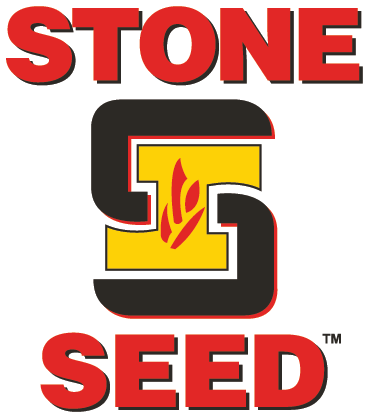TRIAL OBJECTIVE
Nitrogen (N) is a key input in corn production and is essential for a successful and profitable corn crop. It is also expensive and can be difficult to manage.
Genetics may be an important factor in the optimum nitrogen rate and timing of application.
This trial was conducted to evaluate the response of several corn products to different nitrogen management strategies.
RESEARCH SITE DETAILS
| Location | Monmouth, IL | ||
| Soil Type | Silt loam | ||
| Previous Crop | Corn | ||
| Tillage Type | Conventional |
| Planting Date | 5/12/20 | ||
| Harvest Date | 10/8/20 | ||
| Potential Yield (bu/acre) | 250 | ||
| Seeding Rate (seeds/acre) | 36K |
- Treatments consisted of six corn products planted at 36,000 seeds/acre and three nitrogen management strategies, for a total of 18 treatments.
- Nitrogen (N) rates and timings:
- 180 lbs N/acre applied preplant incorporated (PPI)
- 140 lbs N/acre PPI followed by 40 lbs N/acre side-dressed at V6
- 180 lbs N/acre PPI followed by 40 lbs N/acre side-dressed at V6
- Nitrogen (N) rates and timings:
- All nitrogen was applied as 32% UAN solution. A urease inhibitor was added to the side-dress applications.
- Plots were harvested and adjusted to 15% moisture.
UNDERSTANDING THE RESULTS
 Figure 1. Average yields (bu/acre) of six different corn products at three different nitrogen rates and timings and return over nitrogen cost.
Figure 1. Average yields (bu/acre) of six different corn products at three different nitrogen rates and timings and return over nitrogen cost.
This demonstration assumes $3.53 per bushel, $.50 per pound of N, and $8.00 per acre for side dress application costs (Figure 1).
These results would suggest that 180 lbs of N was close to the optimum nitrogen rate.
There was a range in average yield response to nitrogen rate and side-dressing.
With one exception, the products tested responded more positively to splitting the nitrogen application (140 lbs N/acre PPI followed by 40 lbs N/acre side-dressed at V6) compared to adding additional nitrogen beyond 180 lbs N/acre (180 lbs N/acre PPI followed by 40 lbs N/acre side-dressed at V6).
Return over nitrogen cost generally followed the yield trend, although in some cases an increase in yield did not result in an increase in net return.
KEY LEARNINGS
Many factors, including product genetics, soil type, weather, previous crop, tillage, can influence the yield response and profitability of a nitrogen application.
It is important to consider yield goals and nitrogen cost when making management decisions.
Response to nitrogen can vary from year to year. Consult your local Field Sales Representative (FSR) or Technical Agronomist for recommendations for your farm.
